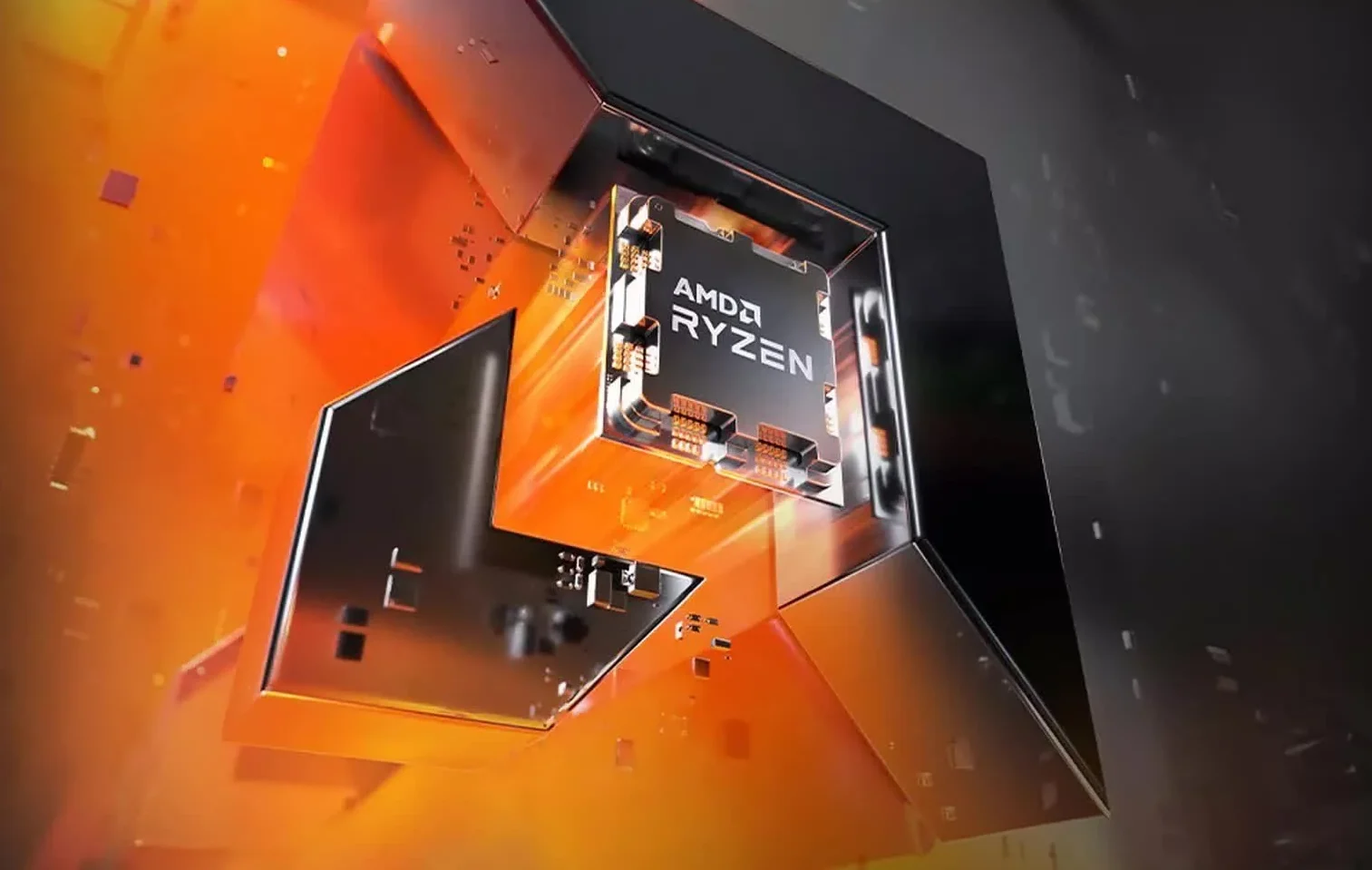We all appreciate top-notch hardware, especially AMD’s current Zen 4 and 4c designs. They’re impressively efficient, boast high clock speeds, and deliver stellar gaming performance. So, the news of the chip giant gearing up for mass production of its next-generation designs by the end of summer 2024 has certainly caught our attention, and it’s promising for gamers if it turns out to be true.
While there hasn’t been any official announcement from AMD regarding Zen 5, early insights suggest significant performance improvements.
Reports hinting at the chips being ready around the end of summer originate from a technology outlet, UDN (via Wccftech), mentioning that the primary computing chip will be manufactured by TSMC using the 3nm process.
There seems to be some confusion, though, as previous rumors suggested AMD would utilize TSMC’s N4 process node for Zen 5. It’s possible that the 3nm production line, also known as N3, will be reserved for the server-focused Zen 5c chips instead. Zen 5c is expected to mirror Zen 4c, offering similar performance but with a more compact layout that may limit its maximum clock speed, suitable for the server market’s demands.
For PC gamers, even if the standard Zen 5 chips are manufactured on N4 lines, they would still outperform the current N5 chiplets powering the Ryzen 7000-series. Recent updates to AMD’s GCC compiler hint at Zen 5 cores featuring enhanced pipelines for integer, addressing, and floating point operations, promising more instructions processed per clock cycle.
TSMC’s N4 process node has been notably used for Nvidia’s Ada Lovelace graphics chips, boasting higher transistor density, improved clock speeds, and reduced power consumption compared to the previous Ampere generation. While GPUs and CPUs differ, Zen 5 chips are anticipated to offer significantly better performance than Zen 4 counterparts without increasing power consumption significantly.
Although it’s unlikely that AMD will pursue the 6GHz processor route like Intel, Zen 5 chips are expected to deliver impressive performance gains. Additionally, with the arrival of Ryzen 7000 chips, there’s a good chance of price drops, making 2024 an ideal year for a full PC upgrade.












